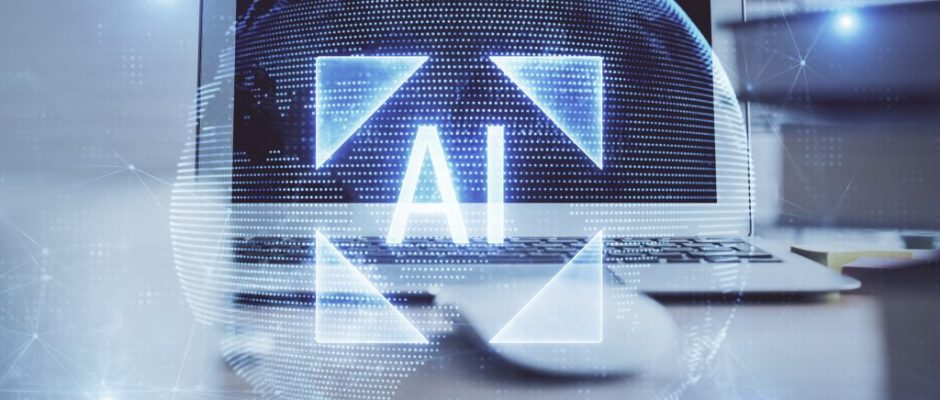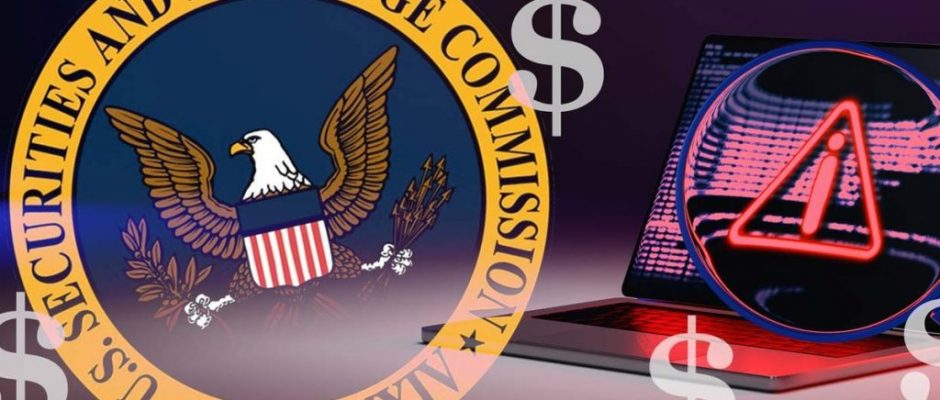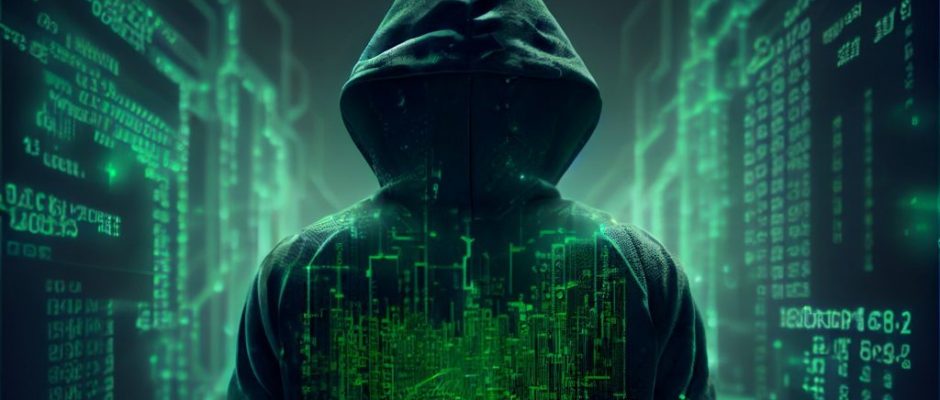Unknown threat actor targets the US Red Cross
The cyber-war just got dirtier. A year or two back, an age in cyber-years, even the most ruthless cyber-gangs avoided attacking medical facilities to create a better public image in the eyes of the hacker community. Their stance has weakened somewhat since then, with attacks on the health sector becoming more common. But a recent attack on the US Red Cross is unusual enough to ring alarm bells outside the cybersecurity community.














